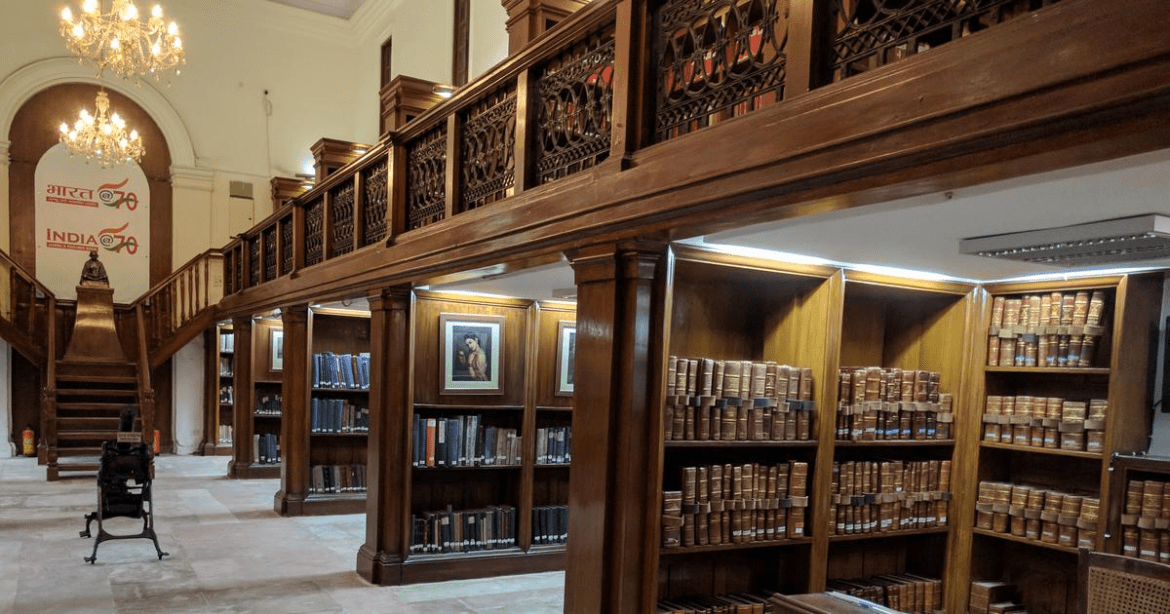AI Generated Summary
- The National Archives of India, long hailed as the guardians of the country’s historical legacy, has embarked on a digital revolution to ensure that the wealth of information spanning centuries is not confined to dusty shelves but is readily available to scholars, researchers, and the public at large.
- It marks a significant step towards bridging the gap between the past and the present, fostering a sense of collective identity rooted in the understanding of our shared history.
- In a groundbreaking move, the National Archives of India has ushered in a new era of accessibility to the nation’s historical treasures.
In a groundbreaking move, the National Archives of India has ushered in a new era of accessibility to the nation’s historical treasures. Over 3.5 crore pages of invaluable manuscripts and historical records, including the private papers of India’s first president, Dr. Rajendra Prasad, and the visionary Sardar Vallabhbhai Patel, have been meticulously digitized, making them easily accessible at the click of a mouse.
The National Archives of India, long hailed as the guardians of the country’s historical legacy, has embarked on a digital revolution to ensure that the wealth of information spanning centuries is not confined to dusty shelves but is readily available to scholars, researchers, and the public at large.
The digitization effort is not merely a technological feat; it signifies a commitment to democratizing knowledge and fostering a deeper understanding of India’s multifaceted past. Among the digitized records are the private papers of two of the nation’s key architects during its formative years. Dr. Rajendra Prasad, the first President of India, and Sardar Vallabhbhai Patel, the “Iron Man of India,” played pivotal roles in shaping the nation.
What sets this initiative apart is the integration of artificial intelligence (AI), revolutionizing the way we engage with historical documents. The use of AI introduces a powerful search facility that enables users to sift through the vast repository of information seamlessly. No longer will researchers have to pour over mountains of physical documents; a few keystrokes will open the door to a wealth of historical data.
Imagine being able to trace the threads of India’s freedom struggle through the private correspondences of its leaders or uncovering insights into the socio-economic landscape during crucial periods in history with just a click. The digitalization effort promises to unlock untold stories and perspectives that were previously hidden within the folds of history.
This initiative aligns with global trends in archival preservation and accessibility, ensuring that India’s rich and diverse history remains not only preserved but actively studied and understood. It marks a significant step towards bridging the gap between the past and the present, fostering a sense of collective identity rooted in the understanding of our shared history.
As we embrace the digital age, the National Archives of India’s endeavor serves as a beacon for other institutions worldwide, illustrating the transformative power of technology in preserving cultural heritage. The digitization of over 3.5 crore pages is not just a technical achievement; it’s a testament to the commitment to transparency, education, and the preservation of the nation’s collective memory.




